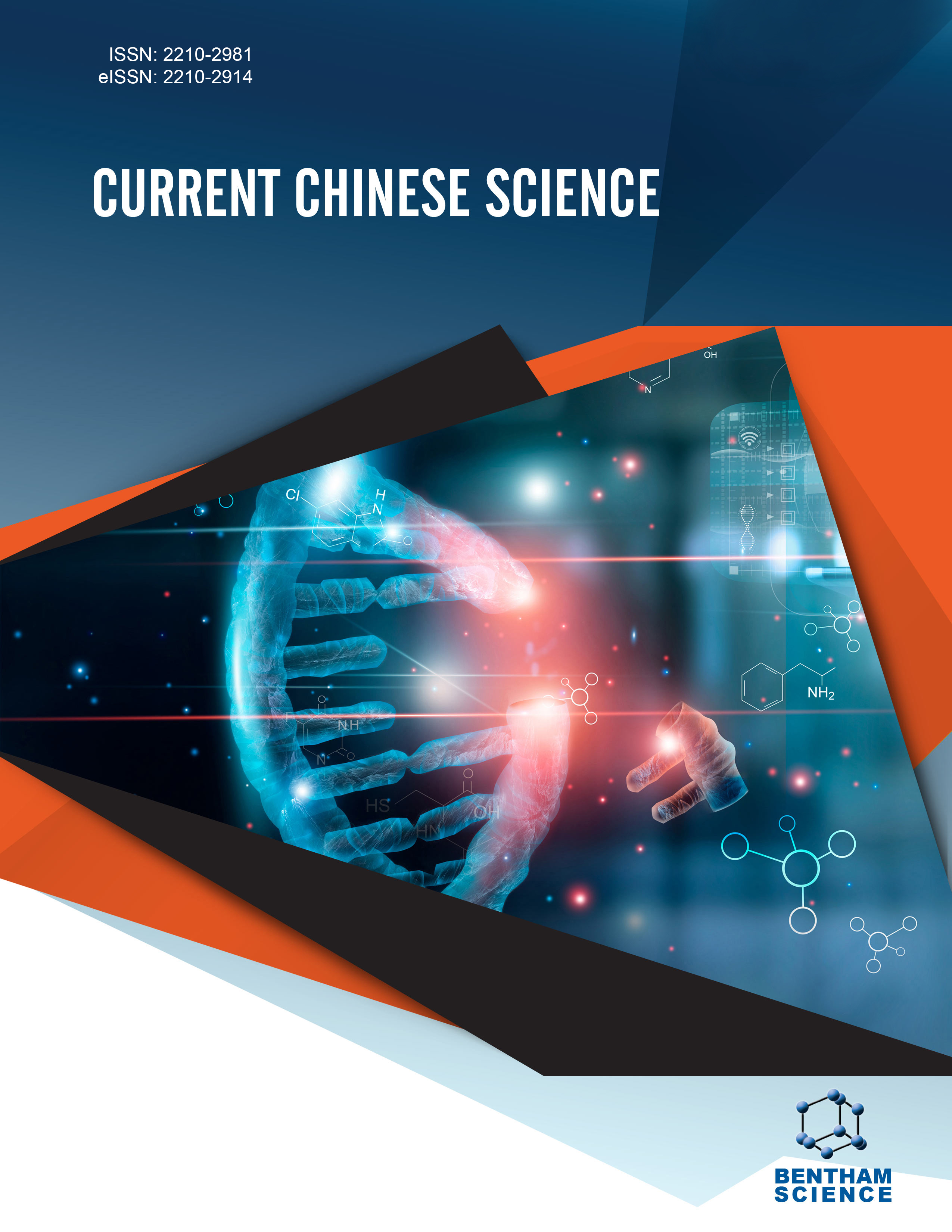-
s Multi-objective Optimization of High-speed Solenoid Valve for Biodiesel Electronic Unit Pump
- Source: Current Chinese Science, Volume 2, Issue 1, Feb 2022, p. 38 - 47
-
- 01 Feb 2022
Abstract
Background: A larger response delay of a high-speed solenoid valve will cause inaccurate fuel injection timing and imprecise cycle injection quantity, resulting in diesel engine emission and increased fuel consumption. Objective: Biodiesel as an ideal alternative fuel has exceptional advantages in energy conservation, emission reduction, and low-carbon environmental protection; however, matching with Electronic Unit Pump (EUP) and its impacts on solenoid valve operation need to be further studied. Methods: In the present work, a numerical model of EUP fueled with biodiesel was established in an AMESim environment, which was validated by the experiment. Then, combined with the Design of Experiments (DOE) method, key parameters influencing the solenoid valve response delay were predicted: armature residual air gap, spring preload, poppet valve half-angle, valve needle diameter, and poppet valve diameter. Results: taking the response delay time of solenoid valve as targets, multi-objective optimization model for high-speed solenoid valve was established using NSGA-II (non-dominated sorting genetic algorithm-II) genetic algorithm in modeFRONTIER platform. Conclusion: The optimized results showed that the delay time of the solenoid valve closing is reduced by 6%, the opening delay time is reduced by 20.8%, the injection pressure peak is increased by 1.8MPa, which is beneficial to accurate injection quantity and the application of biodiesel in diesel engines.


